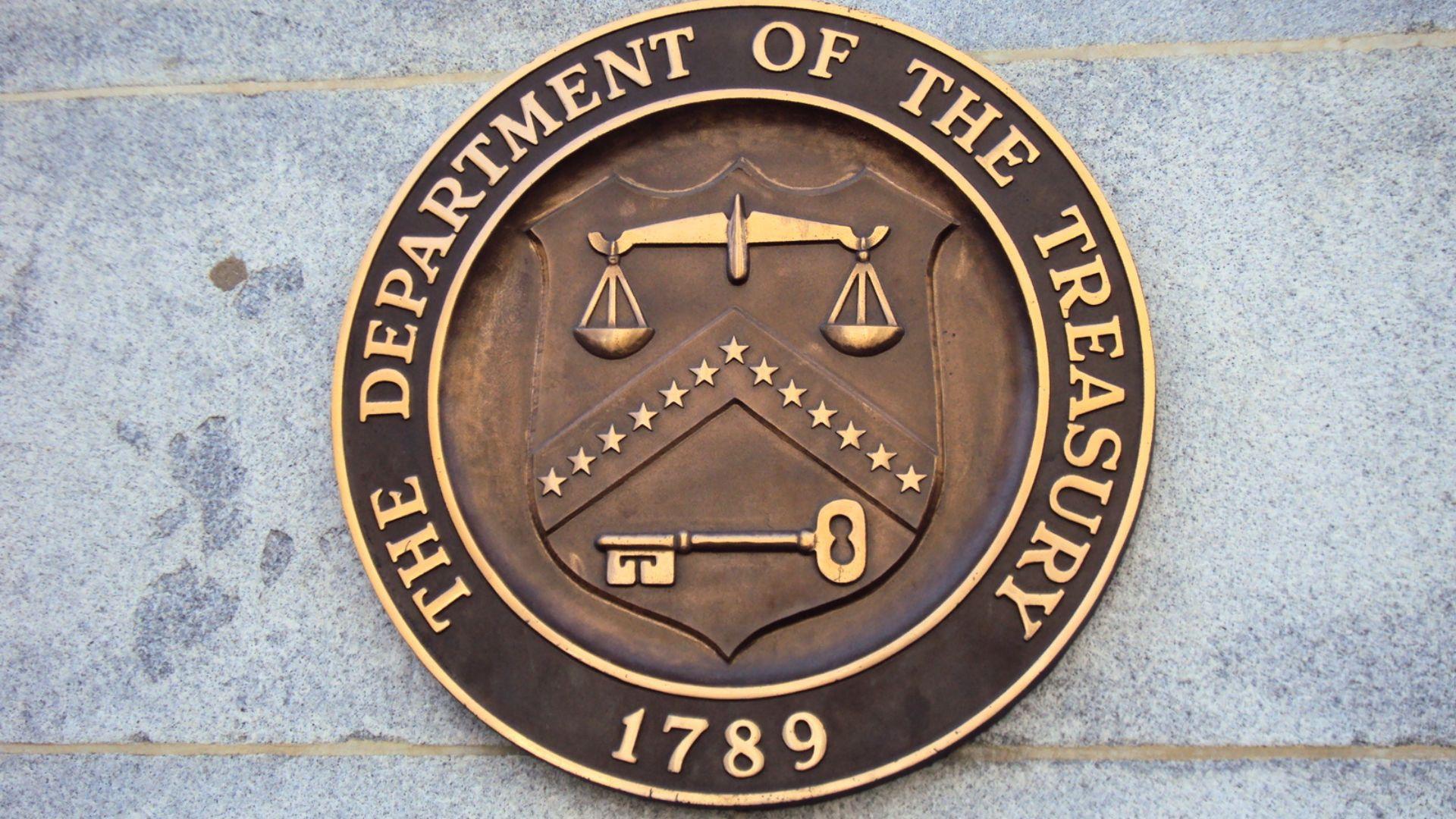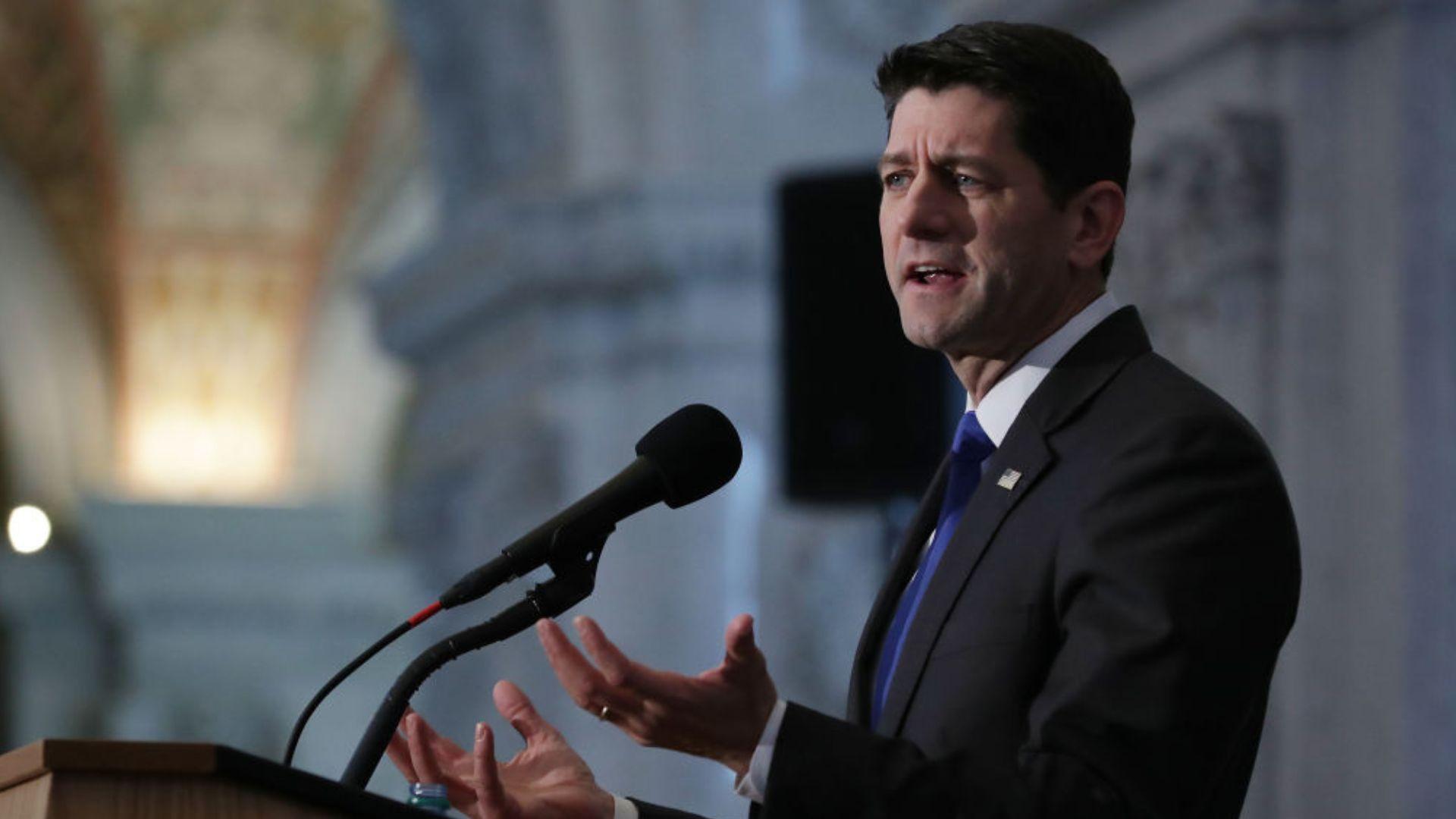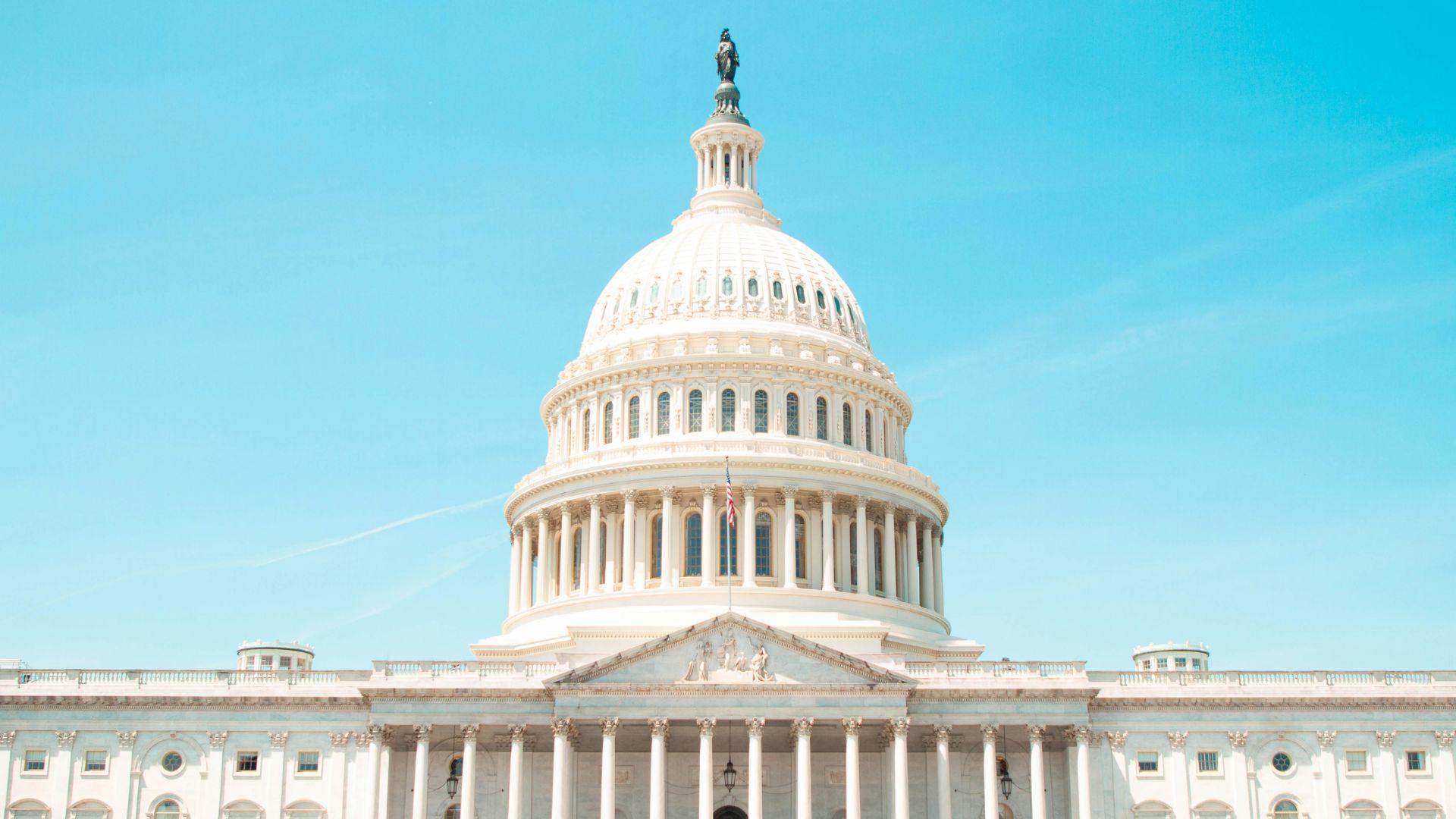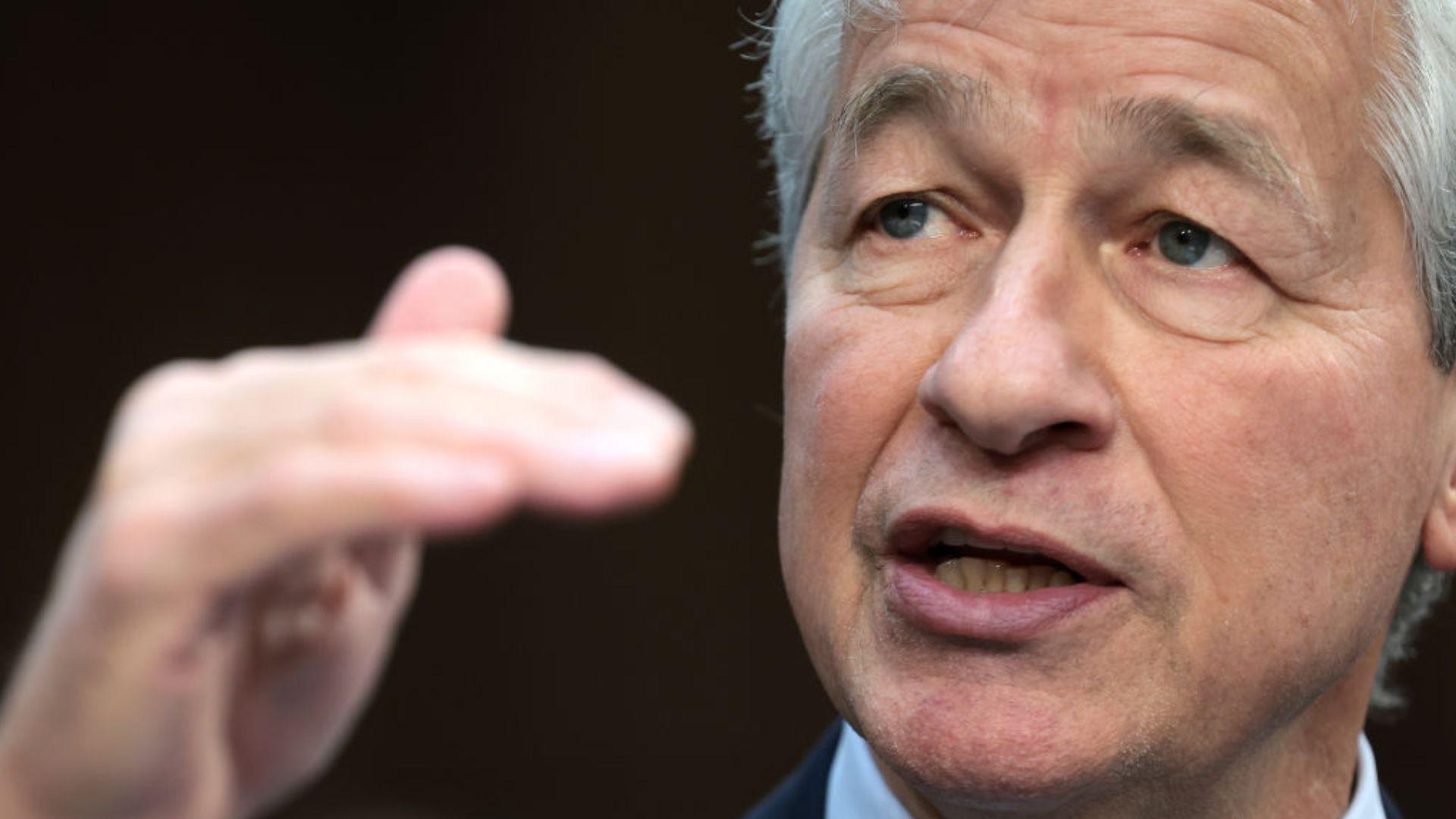Jamie Dimon, CEO of JPMorgan Chase, has issued a serious warning about the United States’ escalating debt.
During a panel at the Bipartisan Policy Center, he expressed concern about the country’s financial trajectory, emphasizing the urgency of addressing the debt situation before it escalates into a crisis.
Reflecting on Economic History

Fox Business reports that Dimon provided a stark comparison, recalling 1982’s economy where inflation was roughly 12%, the prime rate was roughly 21.5%, and unemployment was roughly 10%, and noted that the debt was roughly 35% of GDP.
He contrasted this with today’s scenario where the debt-to-GDP ratio is above 100%, projecting a rise to 130% by 2035.
Forecasting a ‘Hockey Stick’ Surge in Debt

Highlighting the debt’s trajectory, Jamie Dimon described it as a “hockey stick” pattern, a term indicating a sharp increase.
According to Fox Business, he warned of the imminent spike in debt, noting, “It’s a hockey stick, we haven’t hit the hockey stick surge yet, but when it starts, markets around the world — by the way, because foreigners own $7 trillion of U.S. government debt — there will be a rebellion, and that is the worst possible way to do it.”
The Inevitable Fiscal Cliff

Fortune reports that Dimon’s statement, “It is a cliff, we see the cliff,” encapsulates the urgency of the debt situation.
He estimates the U.S. is about a decade away from this fiscal crisis, advancing toward it at an alarming rate.
Agreement on Debt Crisis Predictability

Echoing Dimon’s concerns, former House Speaker Paul Ryan referred to the growing debt as “the most predictable crisis we’ve ever had,” per Fox Business.
The concurrence of these influential figures from different backgrounds illustrates the severity and predictability of the impending fiscal crisis.
Congressional Budget Office’s Alarming Projections

The Congressional Budget Office’s findings are concerning, suggesting that the national debt will almost double in size over the next 30 years, per The New York Post.
By 2022, the debt had already grown to about 97% of GDP, with projections of an increase to 181% by 2053.
Global Impact of U.S. Debt

Fox Business reports that the U.S. debt issue extends far beyond national borders. Dimon pointed out, “Foreigners own $7 trillion of U.S. government debt.”
The potential fallout from mishandling this debt could trigger a global financial upheaval, affecting numerous countries with substantial U.S. debt holdings.
A Global Economic Warning

The New York Post reports that Dimon’s analogy of the U.S. “going 60 miles an hour” highlights the critical nature of the issue and its potential to impact economies worldwide.
His comments reflect the widespread concern about the U.S. fiscal trajectory and its potential to disrupt international markets.
Debt Crisis: Beyond Financial Ramifications

Dimon broadened the conversation, stating, “This is about the security of the world” (via Fortune).
His perspective goes beyond fiscal concerns, touching on national security and global stability. Dimon’s view ties economic health to broader geopolitical implications.
Dimon’s Perspective on Geopolitical Tensions

In the discussion, Dimon also highlighted increasing geopolitical tensions as a significant concern.
He specifically mentioned the Israel-Hamas conflict and Russia’s invasion of Ukraine, noting their impact on global stability. Fortune reports that he said: “We need a stronger military, we need a stronger America. We need it now. So I put this as a risky thing for all of us.”
Dimon’s Stance on Taxation and Redistribution

In an interesting move, Dimon suggested addressing the debt crisis through wealth redistribution, advocating for taxing the wealthy more.
Fortune reveals Dimon said the idea is “as much of a no-brainer policy as I have ever seen.”
Advocating Public-Private Sector Collaboration

Fortune reports that during the event, Dimon also emphasized the importance of cooperation between the private and public sectors.
He believes in a joint effort to address the country’s financial challenges, suggesting a unified approach as essential in resolving the complex debt issue. Dimon suggested this would make sense as private sector contracts support the U.S. military, while private sector jobs account for 80% of America’s payroll, per information from Fortune.
